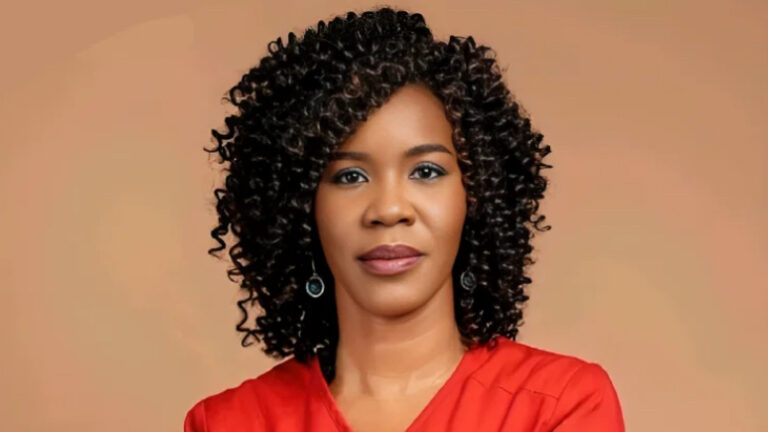
Miriam Mutebi: The energy and collaboration at WCC2024 have been nothing short of inspiring
Miriam Mutebi shared a post on LinkedIn:
“What a fantastic week connecting with fellow oncologists, healthcare providers, researchers, public health officials, NGOs, policymakers, industry representatives, patients, & global leaders. The energy and collaboration at WCC2024 have been nothing short of inspiring.
As we look ahead to World Cancer Research Day on September 24th, I want to take a moment to spotlight the critical role of Community Based & Qualitative Research in cancer care, especially in Africa, where healthcare systems face unique challenges, and the needs of the population are incredibly diverse.
In many African communities, there remains a deep mistrust of external research and clinical trials, often seen as invasive or disconnected from the realities of local life. This skepticism creates barriers to meaningful research and care.
However, community-based research offers a solution by working directly with local leaders, civil society organizations, and even cancer survivors—individuals who can help bridge the gap between researchers and communities, fostering trust and opening essential channels for dialogue.
Qualitative research goes deeper, helping us understand the social, cultural, and economic factors that influence cancer care. It’s about more than treating the disease; it’s about grasping how local health beliefs, resource access, and socioeconomic factors shape everything from diagnosis to survivorship. Listening to the voices in these communities allows researchers to design culturally responsive interventions that resonate and succeed.
Cancer survivors can be powerful advocates through their lived experiences, illustrating to communities why research matters. Engaging with these voices ensures that our approach is not prescriptive but aligned with the community’s true needs—whether it’s cancer treatment or basic healthcare access, like clean water. When researchers recognize and address these priorities, trust grows, and we improve cancer care delivery.
Ultimately, the most impactful research happens when communities feel heard and valued.
As I leave you with that thought, I’ve made a brief stop in New York to participate in the UN Summit for the Future ‘Atoms for Sustainable Development Goals (SDGs)’ event (alongside other events facilitated by the City Cancer Challenge developing a gender framework for cancer in cities. More on this later).
This high-level, SDG event is facilitated by CRDF Global, the International Atomic Energy Agency (IAEA), & delegations from the US & Senegal.
In a couple of hours, I join the panel to discuss patient & system experiences in Africa, & the need for Radiotherapy—unless of course I accidentally snooze my morning alarm.
➡Tune in to the UNTV Livestream.
PS: Pictured are more snapshots in Geneva:)
Source: Miriam Mutebi/LinkedIn
Miriam Mutebi is a Breast Surgical Oncologist and Assistant Professor in the Department of Surgery at the Aga Khan University Hospital in Nairobi, Kenya. She is the President of the African Organization for Research and Training in Cancer (AORTIC), and past president for Kenya Society of Hematology and Oncology (KESHO) and on the Board of Directors of the Union for International Cancer Control (UICC).
She is the co-founder of the Pan African Women’s Association of Surgeons and is part of the Kenya Association of Women Surgeons. She is an avid supporter for the education and support for women, especially in surgery and she aims to provide mentorship for women in surgery and to improve women’s health and surgical care in Africa. She is currently pursuing a pilot’s license in order to extend breast care services to marginalized areas.
-
Challenging the Status Quo in Colorectal Cancer 2024
December 6-8, 2024
-
ESMO 2024 Congress
September 13-17, 2024
-
ASCO Annual Meeting
May 30 - June 4, 2024
-
Yvonne Award 2024
May 31, 2024
-
OncoThon 2024, Online
Feb. 15, 2024
-
Global Summit on War & Cancer 2023, Online
Dec. 14-16, 2023

